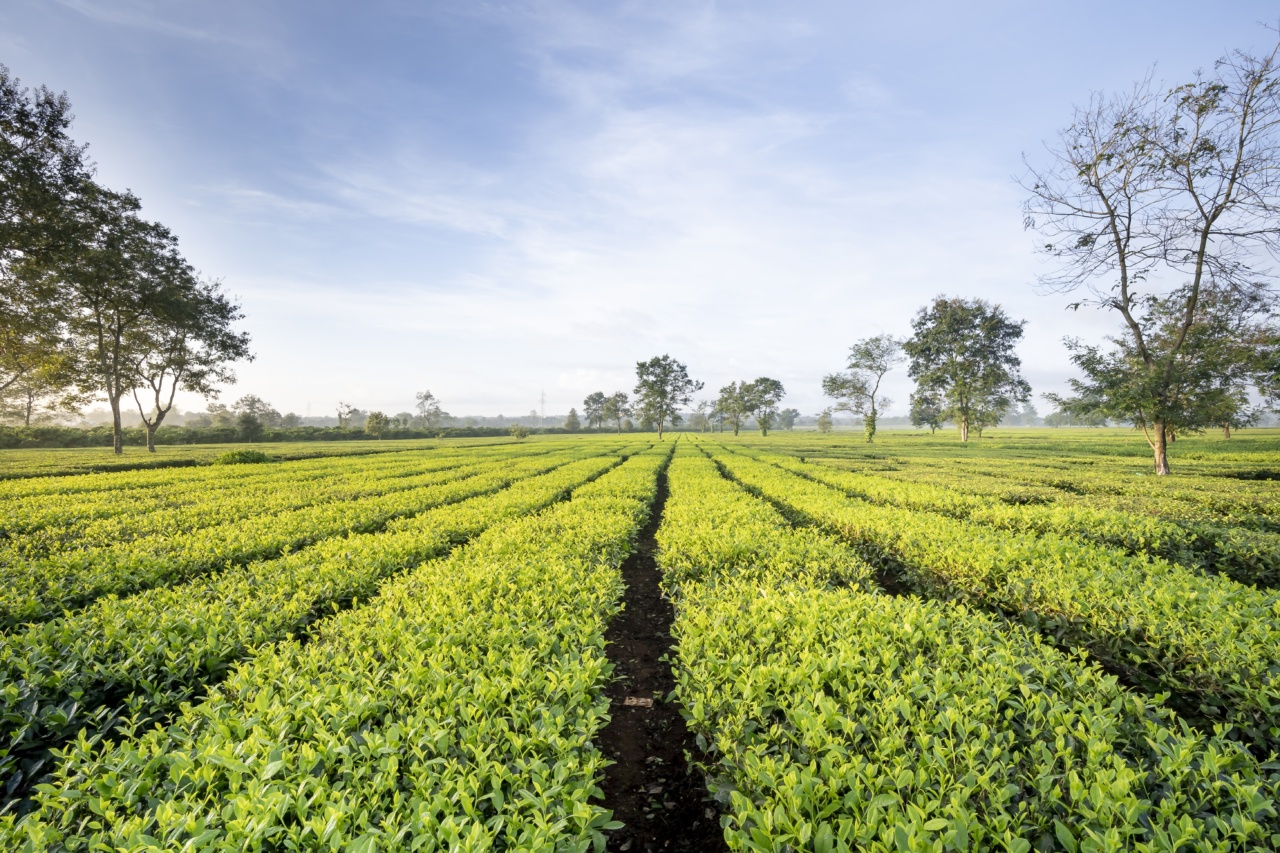Tea is one of the most widely consumed beverages worldwide and has numerous health benefits. However, overconsumption of tea can have a negative impact on the kidneys.
The kidneys play a crucial role in filtering waste products from the body, and excessive tea consumption can lead to kidney damage. This article will explore the effects of tea overconsumption on kidney health.
The Kidneys and Their Functions
The kidneys are two bean-shaped organs located on either side of the spine, just below the rib cage. Their primary function is to filter waste products from the blood and remove them from the body through urine.
In addition to filtering waste, the kidneys are also responsible for regulating blood pressure, maintaining electrolyte balance, and producing hormones that regulate the production of red blood cells.
How Tea Affects the Kidneys
Tea contains various compounds that can affect kidney function. One such compound is oxalate, which is found in high amounts in certain types of tea, such as black tea. Oxalate can bind with calcium in the urine, forming kidney stones.
Kidney stones can cause severe pain and can also lead to kidney damage.
Caffeine, another component of tea, can also have a negative impact on kidney health. Caffeine is a diuretic, which means that it increases urine production. This can put extra strain on the kidneys, especially if someone is drinking large amounts of tea.
In addition to affecting urine production, caffeine can also increase blood pressure, which can further damage the kidneys over time.
The Link Between Tea Overconsumption and Chronic Kidney Disease
Chronic kidney disease (CKD) is a condition in which the kidneys gradually lose function over time. CKD can be caused by various factors, including high blood pressure, diabetes, and obesity.
However, recent studies have also shown that tea overconsumption can increase the risk of developing CKD.
A study published in the American Journal of Clinical Nutrition found that individuals who consumed large amounts of tea had a higher risk of developing CKD than those who consumed less or no tea.
The study also found that the duration of tea consumption was an important factor, with those who had been drinking tea for a long time having a higher risk of CKD.
Signs of Kidney Damage
Tea overconsumption can lead to kidney damage, and it is important to be aware of the signs and symptoms of kidney damage. Some common signs of kidney damage include:.
- Increased or decreased urine output
- Pain or pressure in the lower back or sides
- Swelling in the legs, ankles, or feet
- Fatigue or weakness
- Difficulty concentrating
- Loss of appetite
- Nausea or vomiting
- Blood in the urine
Preventing Kidney Damage from Tea Overconsumption
If you are a tea drinker, there are several steps you can take to prevent kidney damage from tea overconsumption:.
- Limit your tea intake. Stick to no more than 3 cups of tea per day.
- Avoid drinking tea on an empty stomach. This can cause dehydration and further increase the strain on your kidneys.
- Stay hydrated. Drinking plenty of water can help flush out your kidneys and reduce the risk of kidney damage.
- Be mindful of the type of tea you are drinking. Certain types of tea, such as black tea, contain high levels of oxalates that can contribute to kidney stones. Opt for herbal teas instead.
Conclusion
Tea overconsumption can have a negative impact on kidney health. The presence of oxalates in some types of tea and the diuretic effects of caffeine can lead to kidney damage if consumed in large amounts.
Chronic kidney disease is a serious condition that can be caused by tea overconsumption, among other factors. It is important to be aware of the signs and symptoms of kidney damage and take steps to prevent kidney damage from tea overconsumption.































